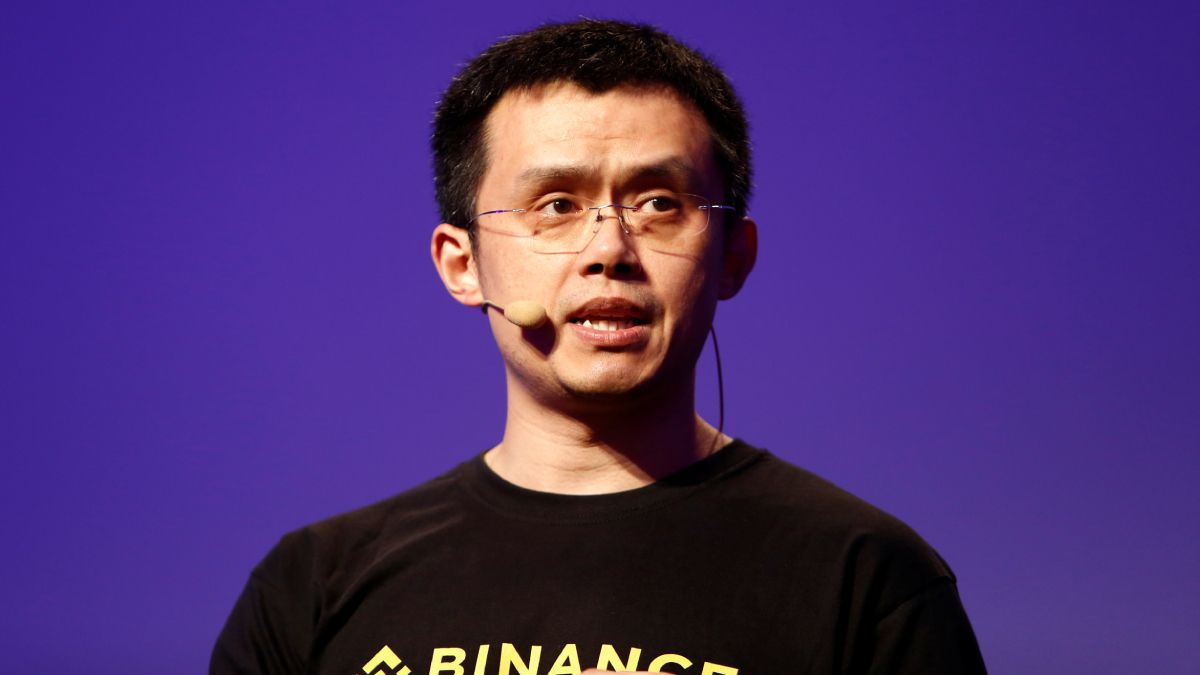Binance CEO Changpeng Zhao has reportedly filed a defamation case against Bloomberg’s Chinese subsidiary called the Modern Media Company. The crypto mogul has raised a legal objection against a story by the media company titled ‘Changpeng Zhao’s Ponzi Scheme’ by filing this lawsuit. The legal team representing Binance has claimed that Zhao has faced distress and embarrassment among other consequences of this article. Zhao has reportedly demanded a formal apology from Modern Media Company for publishing derogatory comments about him.
The Chinese edition of Bloomberg Businessweek put Zhao on the cover of its 250th issue recently. In the backdrop of Zhao’s defamation case against this controversially titled story, the media firm has reportedly tweaked the headline to “The Mysterious Changpeng Zhao”.
Screenshots of the original headline and the changed title, written in Mandarin, have found their way to social media.
Binance’s CZ is suing Bloomberg Businessweek for defamation. On July 6th, the 250th issue of the Chinese Bloomberg Businessweek featured CZ as the cover character with the title of “Changpeng Zhao’s Ponzi Scheme,” which was later changed to “The Mysterious Changpeng Zhao.” pic.twitter.com/9VcrFIMPxZ
— CB (@TheCryptoBong) July 25, 2022
As per a CoinDesk report, the world’s richest crypto billionaire has demanded a retraction of the edition from the newsstands.
Zhao’s legal team is also looking to obtain a restraining order to stop the publication from further spreading “hate, ridicule, and contempt” against Zhao.
In addition, Zhao’s lawyers have filed a separate motion of discovery against Bloomberg L.P. and Bloomberg Inc. in New York for editorially approving “defamatory allegations” in the profile piece.
While Zhao has not released public comments on his legal action against Bloomberg, the 44-year-old cryptopreneur did post a cryptic tweet a day ago that appears to take a dig at the publication.
Be accountable for your actions.
— CZ :large_orange_diamond: Binance (@cz_binance) July 25, 2022
As of now, Bloomberg is yet to issue public comments on the reported case.
This is not the first time however, that Zhao has taken a rather aggressive approach towards defending his reputation, that also impacts his company.
Binance sued venture capital firm Sequoia in 2019 and then Forbes in 2020 for defamation.
The company recently appointed Krishna Juvvadi as the vice president and head of its legal team. The Indian origin official has previously served as a trial attorney at US’ Department of Justice (DoJ) and as the global head of operations compliance at Uber.
The company is laying special focus on strengthening its legal teams in different parts of the world, to ensure that its business and operations are protected and well represented globally.
Check out our Latest News and Follow us at Facebook
Original Source

